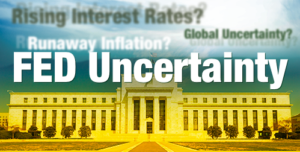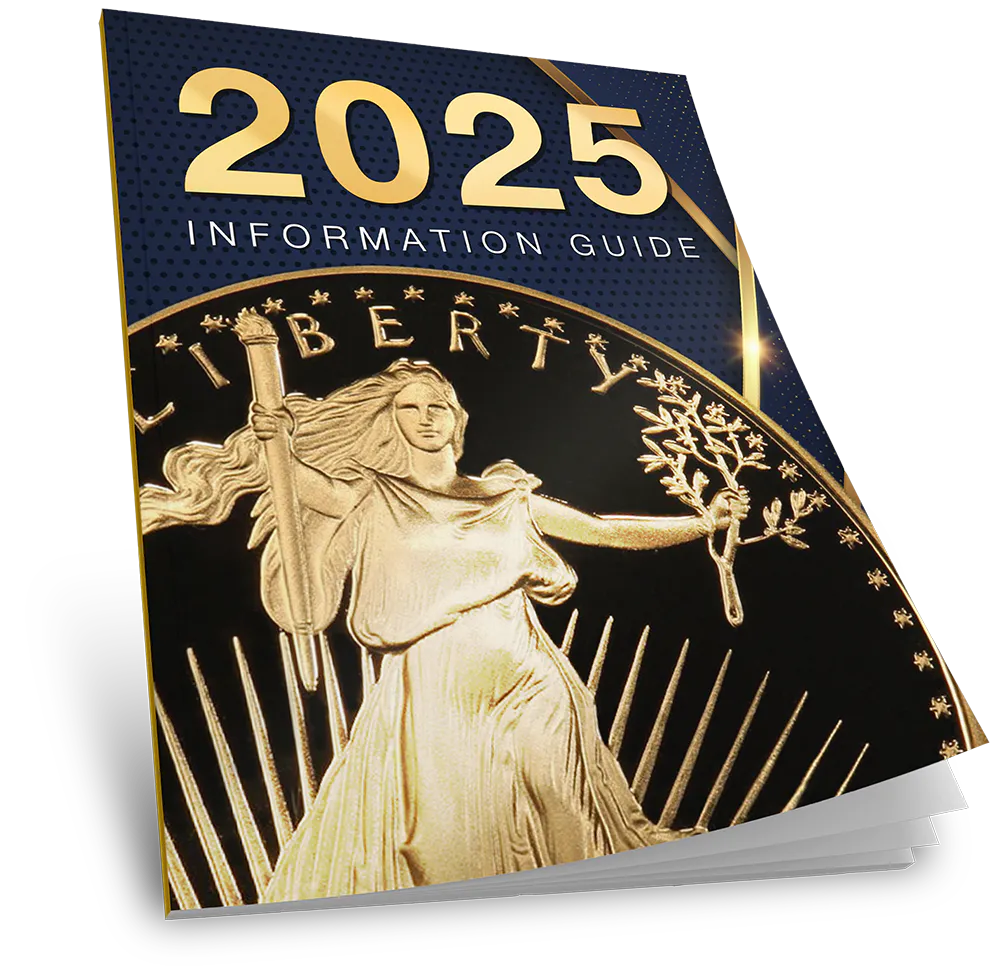- The Fed is unsure of how the Russian invasion will impact the economy
- The Fed still plans to raise rates to tackle runaway inflation
- Those plans can change at any time based on current events
Effects of the Russian Invasion on the Fed
Russia’s invasion of Ukraine threw the Federal Reserve into chaos.
Fed Reserve Chair Jerome Powell said the near-term effects of war in the Ukraine on the US economy are “highly uncertain”. 1 The invasion could pull Fed policy in opposite directions. Powell admitted that the events in Europe can both increase inflation and undercut growth.
Despite this uncertainty, the Fed still plans to raise interest rates to tame high inflation.
Inflation has already soared to 40-year highs. Russia’s invasion heightened anxiety about energy prices. It could also have broad repercussions for the global financial system.
The Fed believes that higher interest rates are justified. This is because of runaway inflation and an extremely tight labor market. Also, they think the economy can handle higher rates as the impact of the pandemic goes down.
They will also follow through on their plan to reduce their $8.5 trillion portfolio of government securities.

The Fed Lacks a Clear Path Forward
Their plans may change if the war grinds on. The Fed may shift priority to keep the global dollar market stable. But this would conflict with its aim to unload its asset holdings.
Powell gave no hint about how far or how fast the Fed will go to get inflation under control.
The Fed wrongly predicted the inflation rate. They also said supply chain issues have been “larger and longer than anticipated”. Inflation is now at triple the Fed’s 2% target. The current inflation rate surprises policymakers. They thought price increases would be temporary. 2
Interest rates are currently near zero. The central bank is expected to raise interest rates at its March 15 policy meeting. More rate hikes are expected throughout the year. The amount of the rate hikes may change. If oil prices push inflation even higher, than the Fed could choose to act more aggressively down the line.
The challenge facing the Fed comes as Americans are gloomy about the economy. Inflation is one of the most personal ways people experience it. It is weighing on President Biden’s approval ratings. The White House often touts evidence of a pandemic recovery. They point to strong job growth in 2021.They also talk about wage gains for lower-income workers. But inflation upends that rosy picture.
“With all the bright spots in our economy, record job growth, higher wages, too many families are struggling to keep up with the bills,” Biden said Tuesday during his State of the Union address. “Inflation is robbing them of the gains they might otherwise feel.”3
Fed uncertainty is eroding confidence in the institution and the markets. Investors are moving away from Fed connected securities and towards safe havens, like gold. The price of gold is hovering near record levels as the conflict drags on. The yellow metal seems to be the one thing everyone is certain about.





